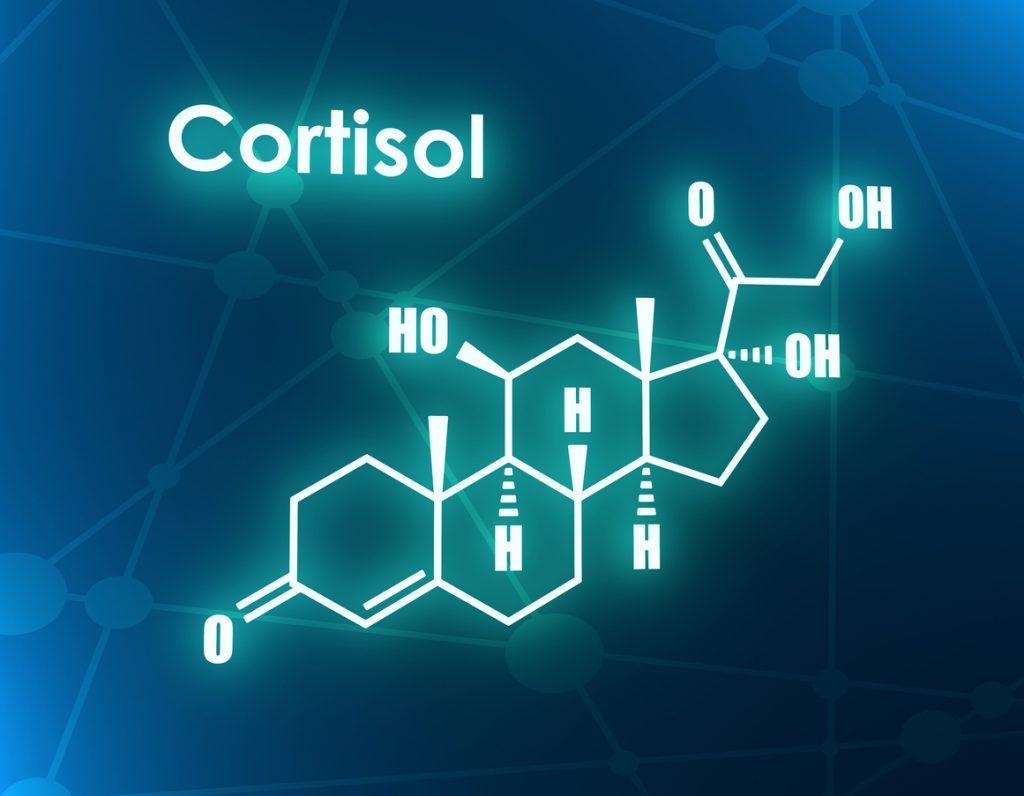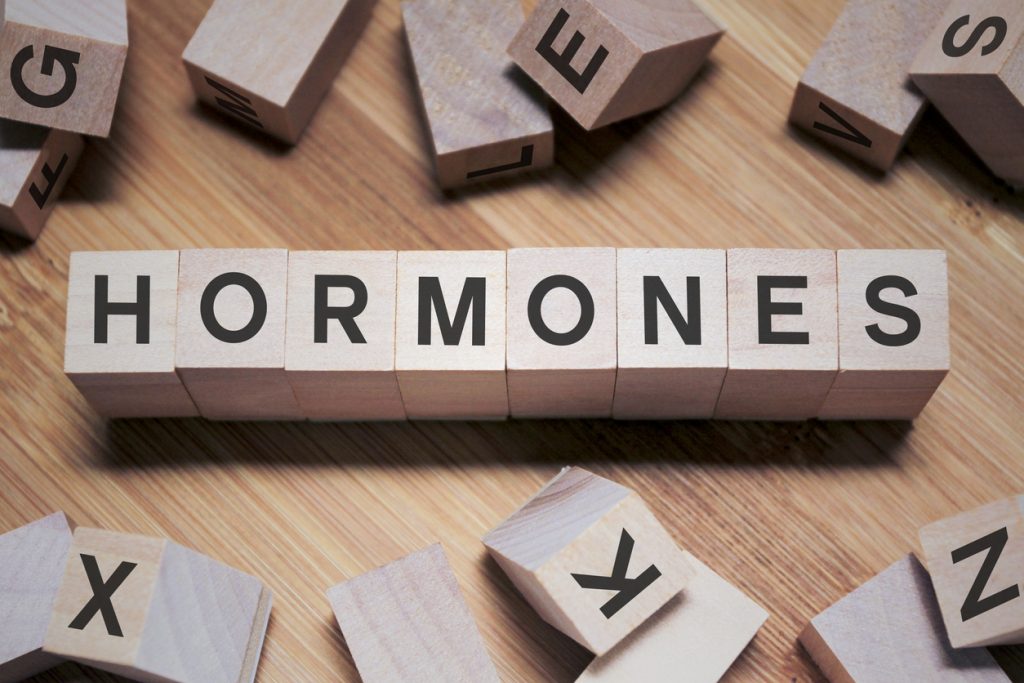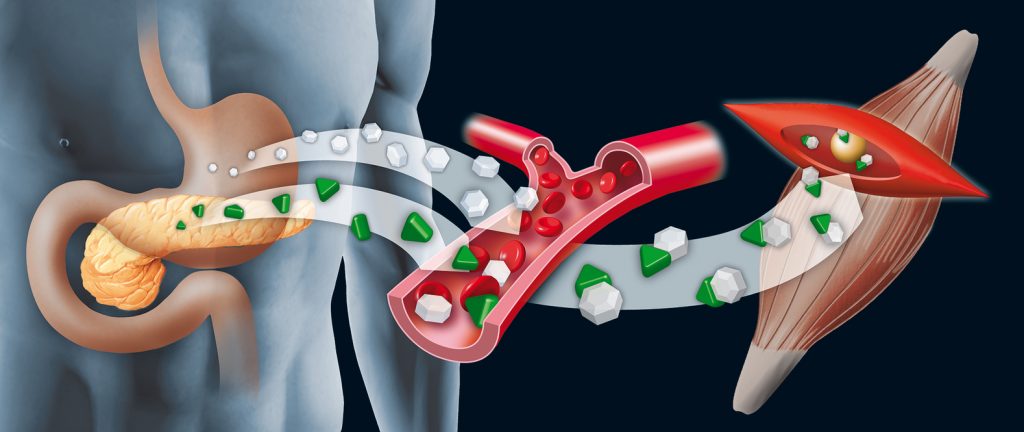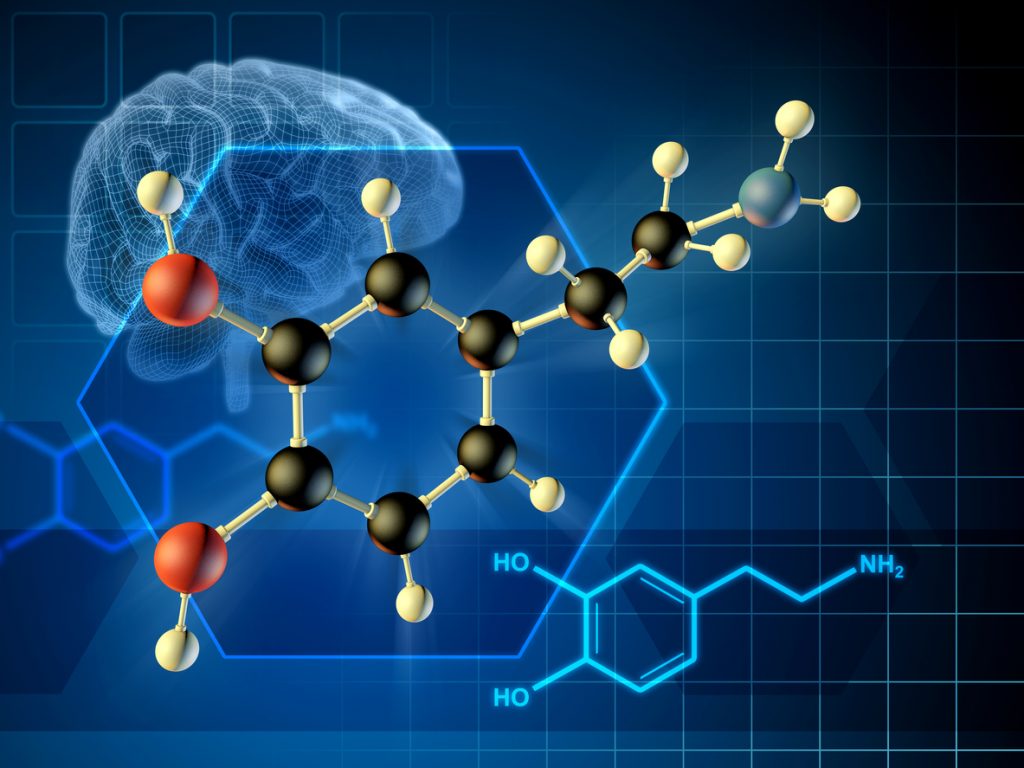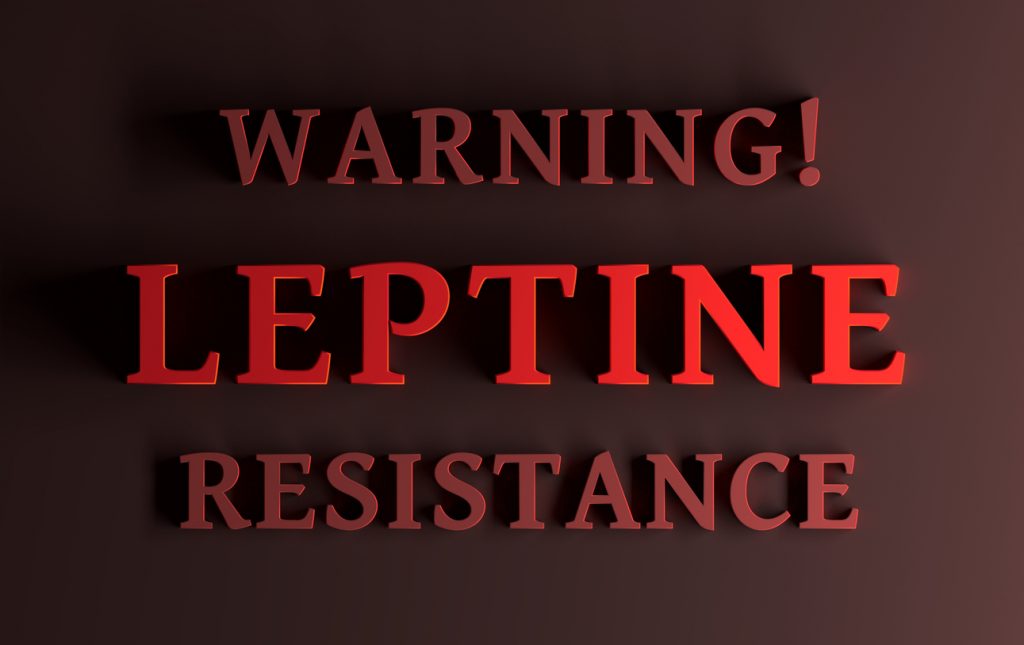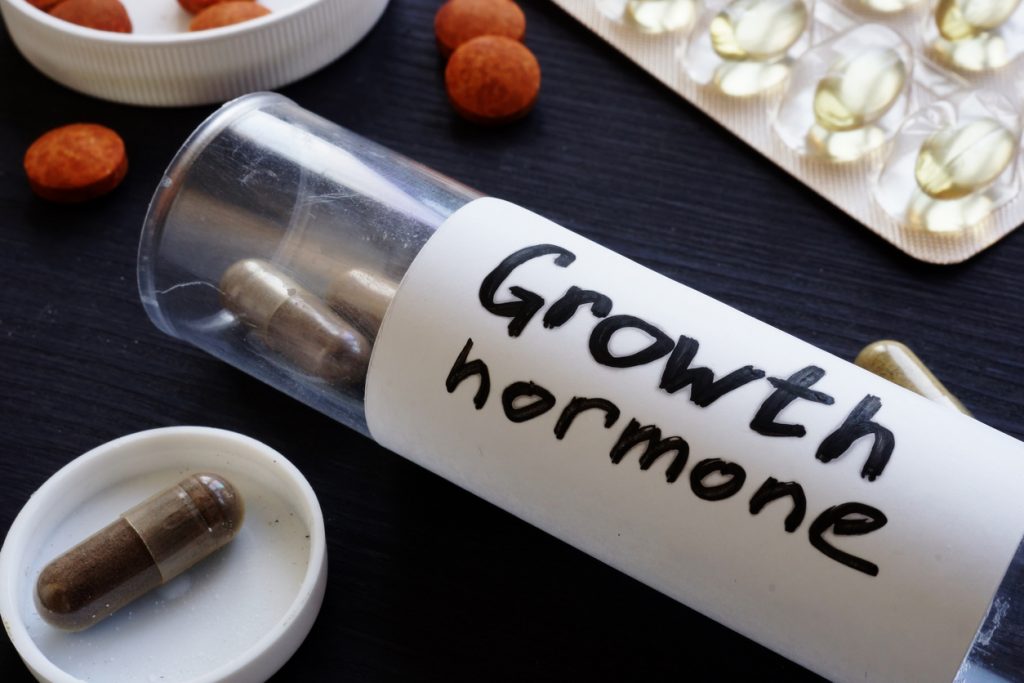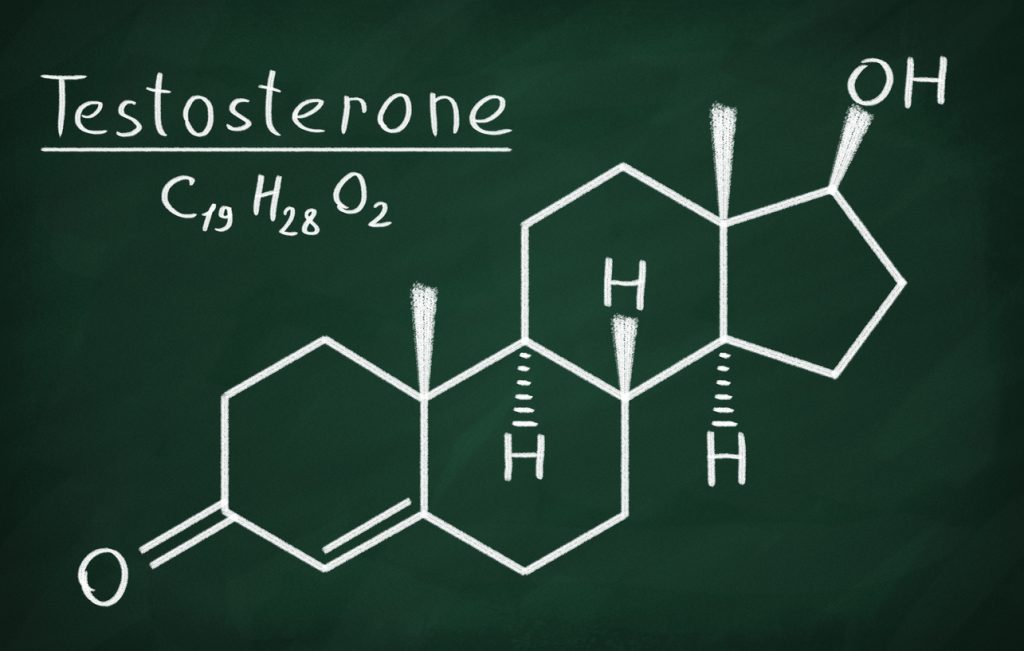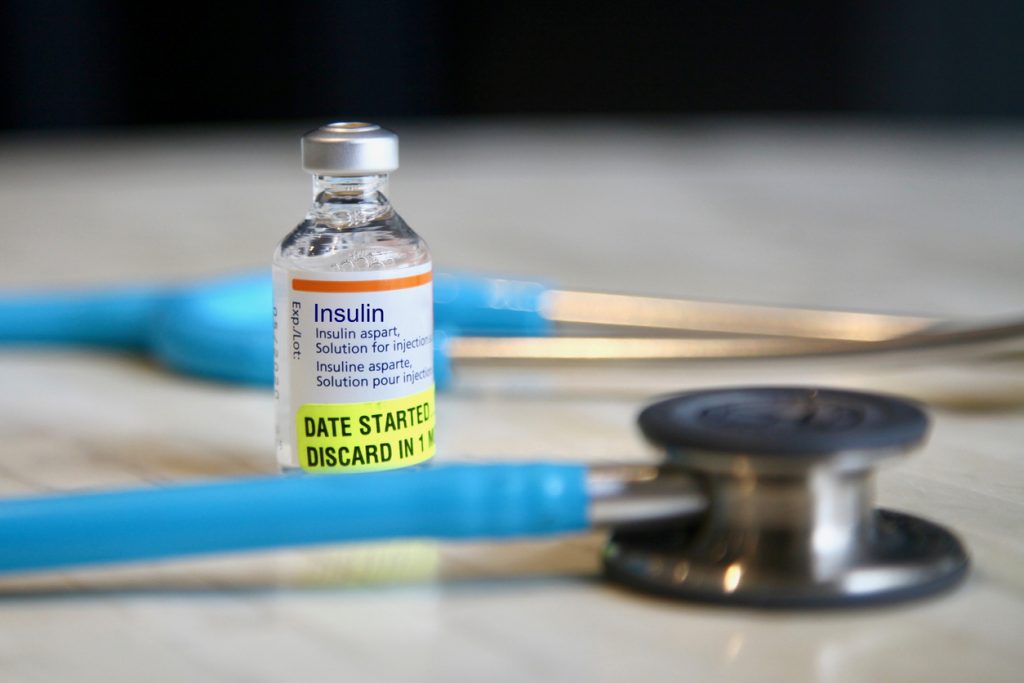Cortisol is probably one of the hormones that enjoys the greatest popularity in training after sex hormones and insulin. It is mainly referred to as a stress or even fatigue hormone. However, not all the effects of cortisol on the body are as harmful as one might think. It would be wiser to describe cortisol as an adaptation hormone that should be controlled to obtain only the beneficial effects of the hormone on health.
What you need to know about the catabolic hormone
Cortisol is a steroid hormone produced from cholesterol and is secreted by glands above the kidneys (called the adrenal glands). Its secretion depends on another hormone, ACTH, which is produced by the pituitary gland (in the brain). Cortisol is involved in a number of actions in the body including:
- Carbohydrate, lipid and protein metabolism: it regulates blood sugar levels by increasing glucose synthesis by the liver (gluconeogenesis), but also stimulates the release of lipids and proteins in most tissues
- In the anti-inflammatory response
- Regulation of blood pressure
- Bone growth
- In stress response: Cortisol is often referred to as the stress hormone. Its role is to help the body cope with stress by mobilising the energy needed to fuel the muscles, the brain and also the heart.
Note that cortisol levels vary according to the time of day and night, peaking in the morning and decreasing throughout the day, reaching its lowest level in the evening.
Signs of increased levels
Hypercorticism is diagnosed when the cortisol level exceeds 25 μg/dl in the blood and 100μg/24 hours in the urine. The increase in blood cortisol levels causes:
- Osteoporosis with spinal pain and easy fractures
- High blood pressure
- Psychological disorders (depression)
- Growth arrest in children
- Irregular distribution of fat
- Amyotrophy of the roots of the limbs making them spindly
- Fragile skin and capillaries
Fighting the effect of cortisol
By food
Cortisol is released as soon as blood sugar levels rise. However, it is impossible to go without carbohydrates when you are training or just playing sports. As a result, the stress level will have to increase no matter what you do. But at least some foods should be avoided because they increase the catabolic effect of cortisol. These include industrial cakes, pastries or sweetened drinks, which are made of fast and poor quality sugar; processed complex carbohydrates such as white pasta or bread.
Prefer to reduce your cortisol levels by adopting a diet that stimulates your brain and the secretion of hormones conducive to your well-being.
Eat dark chocolate
Dark chocolate has the power to lower stress, so has an indirect effect on cortisol production. Unfortunately, only the highly concentrated dark chocolate contains its benefits. This type of chocolate has a high content of polyphenols (plant substances) that can lower cortisol. It is best to take chocolate before exercise sessions.
Increase your intake of Omega 3
Omega-3s, touted as the "good" fatty acids, have many virtues, including reducing stress. They are known to have beneficial properties on the central nervous system. They promote neuronal connections and the secretion by the brain of endocannabinoids, molecules similar to cannabis, which are thought to reduce symptoms of depression and make us more resilient in stressful situations.
To take advantage of the benefits of Omega-3, eat more oily fish such as salmon, mackerel and sardines. Choose your seasoning oils carefully with olive, rapeseed and walnut oil. You can also add a spoonful of chia seeds, which are full of Omega-3. Don't forget oilseeds either, which are a source of Omega-3 and can be enjoyed as a snack.
Don't forget to eat vegetables
Green vegetables contain the B vitamin responsible for the production of dopamine. Known as the 'happy hormone', dopamine relaxes you. The top green vegetable for de-stressing you remains spinach.
Add garlic to your dishes
Garlic is rich in vitamin C, B6, magnesium and calcium, which makes it an anti-fatigue and anti-stress food par excellence. Raw or cooked, it is easy to add to your diet.
By sport
The production of cortisol is necessary to adapt your body to sport. It is true that cortisol has a catabolic effect (protein breakdown). However, this can be to your benefit if you train carefully. By helping to break down muscle fibre during exercise, cortisol plays an important role in post-exercise muscle repair and recovery.
We know that cortisol levels tend to rise during and after exercise. But if nutrition and supplementation are there, this does not seem to have a negative impact on muscle growth. In other words, sport only helps to stabilise stress hormone levels when the dietary rules are followed.
Just make sure you don't expose your body to intensive activity that it cannot tolerate. Respect the limits of weight training and adapt your nutrition to meet your energy needs. This way you will have fewer problems with the stress hormone!
By providing essential nutrients
These nutrients are complementary with foods to strengthen your body against the effects of cortisol:
- Vitamins B1, B2, B6 and B12, biotin, niacin and vitamin C contribute to normal nervous system function
- Vitamins B2, C and E help protect cells against oxidative stress
- Vitamins B1, B6, B12, biotin, niacin and vitamin C contribute to normal psychological function
- Vitamins B2, B6, B12, niacin and vitamin C help reduce fatigue
- Vitamins B6, B12, C and D contribute to normal immune system function

